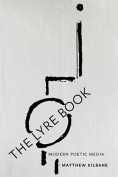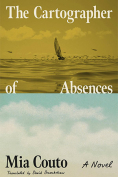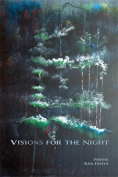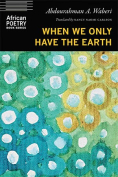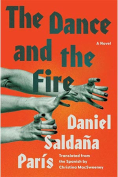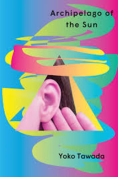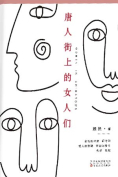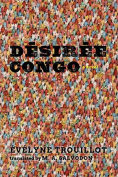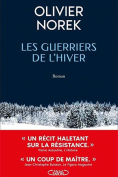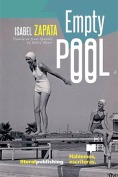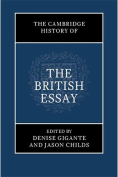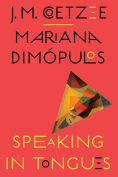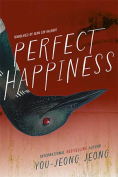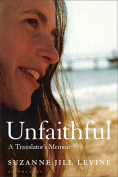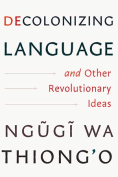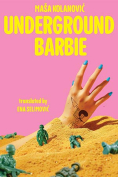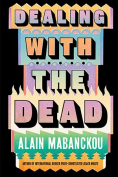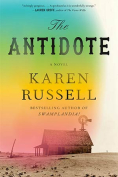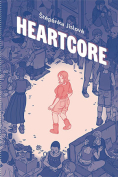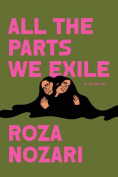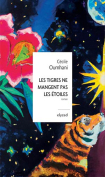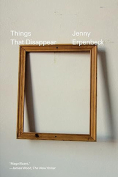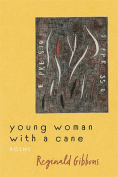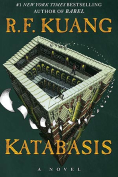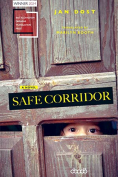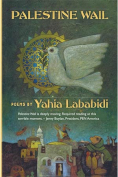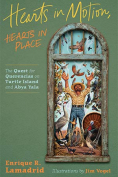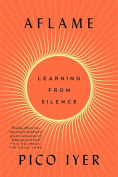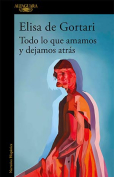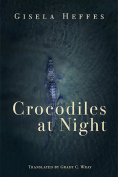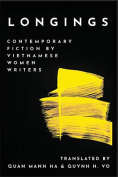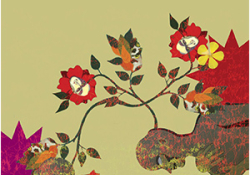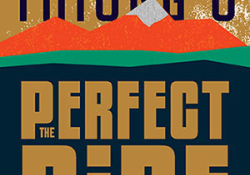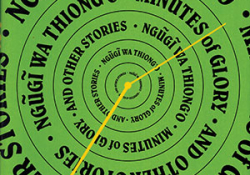Decolonizing Language and Other Revolutionary Ideas by Ngũgĩ wa Thiong’o
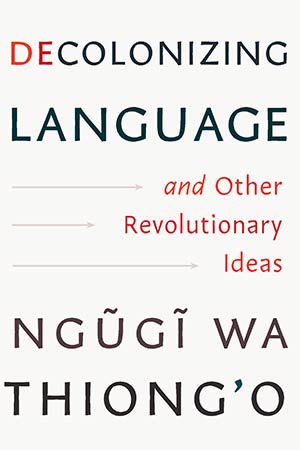
New York. New Press. 2025. 224 pages.
Decolonizing Language and Other Revolutionary Ideas is a collection of essays authored by Ngũgĩ wa Thiong’o (1938–2025) that intricately blends theoretical perspectives on the influence of revolutionary concepts regarding language and its formative role in shaping national culture, history, and identity. Throughout the book, Ngũgĩ shows an accretive impulse toward the potency of African language as a mechanism for confronting postcolonialism. The majority of his perceptive concepts arise from the diverse stories intended to illustrate the zeitgeist as a vital force that inspired him and his generation. Similar to many African writers of his era, Ngũgĩ reinvokes the sentiments that shaped their responses to colonialism and Africa’s postindependence years, emphasizing key elements of his narrative. This sentiment is encapsulated in his assertive statement that “the African continent continues to suffer the consequences of linguistic conquest. Political independence may have freed the body, but it certainly did not free the mind.”
This, Ngũgĩ’s posthumous publication, serves as a persistent exploration of his uncompromising perspectives on language and its significance in society. He directs his focus toward the notion of language as a “battlefield of ideas,” effectively persuading his audience through anecdotes that cover five decades, supported by reasoning driven by hopes, aspirations, and serious concerns. His attraction to the language question and the destiny of Africans and Africans in the diaspora, including non-Africans, contribute to the communal value he centers in acknowledging scholars/writers/historical figures such as Walter Rodney, Eski’a Mphahlele, Toni Morrison, James Currey, J. P. Clark, Can Themba, Paul Robeson, Kwame Nkrumah, Mbuya Nehanda, Victor Jara, Micere Mugo, Grace Ogot, Alex La Guma, Dennis Brutus, and Chike Jeffers, as well as the philosophers Adam Smith and Karl Marx, among others. Within the pages of the book resides his urgent appeal for transformation, which he articulates within both historical and intellectual frameworks, asserting that “all this calls for a grand alliance of scholars, academics, publishers, and educational policymakers. Intellectuals inside and outside Africa must lead: they have to live up to their venerable tradition.” The same can be discerned from his charge that “translation between African languages and translation between African languages and other languages of the world would be a win-win situation for Africa and world cultures.”
Much as Decolonizing Language and Other Revolutionary Ideas delves into past and present issues in African and world literature, culture, and society, one thing remains significant: Ngũgĩ seeks to place Africa within a critical conversation relating to global factors, because, as he argues, “Globalization today is dependent on resources still available in Africa.” From the various views expressed in this book, it is clear that Ngũgĩ departs the world having given his candid view of African literature’s performative role. His insistence that “Native languages are the magic fountain from which African literature in English or French or Portuguese draws a perpetual youthfulness” directly relates to Chinua Achebe’s defining statement on the resourcefulness of proverbs in Africa in Things Fall Apart.
It is obvious that Ngũgĩ has left a trove of examples of discernible relationships that account for the numerous ways language and its constructive role continue to shape society. These remain poignantly significant to the narratives inscribed and dedications to colleagues, writers, and theories in the book’s second section, titled “Voices of Prophecy,” where he describes Chinua Achebe as “the single most important person in the development of modern African literature as writer, editor, and quite simply a human being”; hails Ali Mazrui as one who made “Kenya and Africa visible in the highest echelon of intellectual production”; singles out Wole Soyinka as “the moral and democratic conscience of Africa”; and notes Nadine Gordimer’s “unwavering support of writing in African languages,” in addition to tributes extended to other notable authors and scholars.
This book reflects the characteristics of a well-experienced scholar and intellectual in every aspect. The striking quality of Ngũgĩ’s ideas and the engaging topics are impossible to forget. His chapter on Soyinka is outstanding as he links the freedom they both experienced at different times as students at Leeds University to the bravery displayed by two Iraqi students at Leeds sentenced to death in their country but who found redemption in education in the West. How do we relate to Ngũgĩ wa Thiong’o’s literary and intellectual legacy following the publication of this book? Well, it does appear that greater gain is not only encapsulated in the inspiring metaphors of Nelson Mandela, to whom he dedicates a chapter, but in the collective ideas about the freedom of language in Africa and across the world, in translation and as a global force for education.
Dike Okoro
Newberry Library, Chicago

